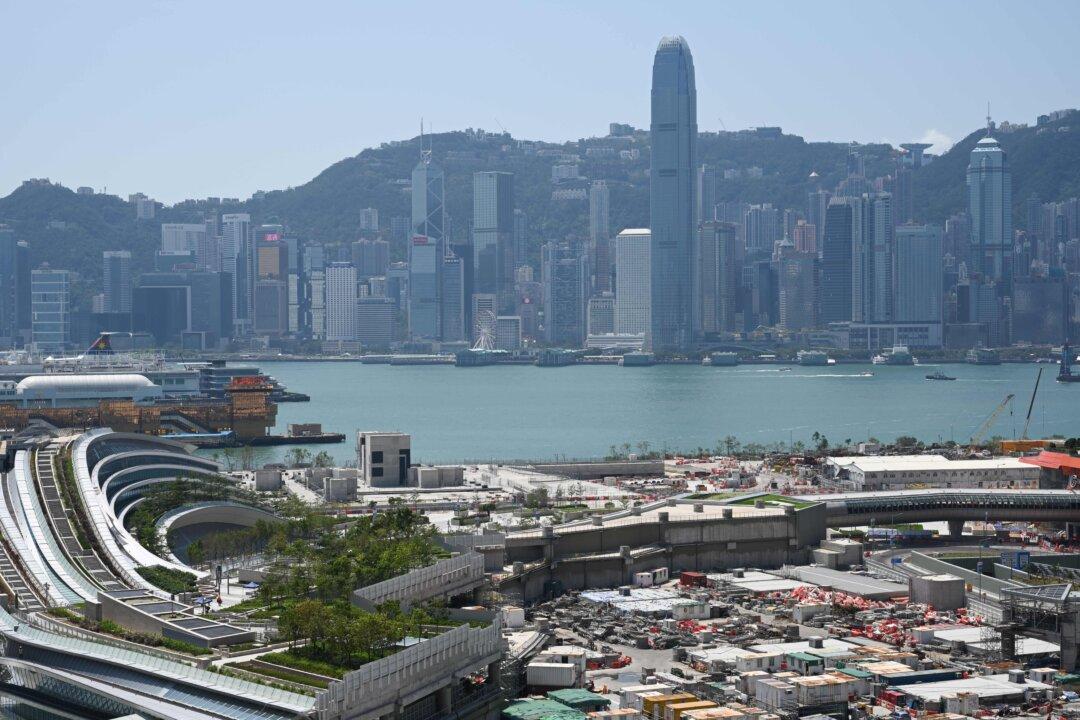Beijing’s promotion of the “Digital Bay Area” to unify identity verification for Hong Kong and Macao residents with mainland China has sparked widespread concern.
The Guangdong provincial authorities issued a three-year action plan on Nov. 21 for building the “Digital Bay Area.” The plan states that administrative services across Guangdong, Hong Kong, and Macao will be integrated before 2025.

